CHAPTER I
INTRODUCTORY SUMMARY
Four Scotchmen, bore within the limits of the same
hundred years, all in the first rank of writers, if not of thinkers,
represent much of the spirit of four successive generations. They are
leading links in an intellectual chain.
David Hume (1711-1776) remains the most salient type, in
our island, of the scepticism, half conservative, half destructive, but
never revolutionary, which marked the third quarter of the eighteenth
century. He had some points of intellectual contact with Voltaire, though
substituting a staid temper and passionless logic for the incisive
brilliancy of a mocking Mercury ; he had no relation, save an unhappy
personal one, to Rousseau.
Robert Burns (1759-1796), last of great lyriste inspired
by a local genius, keenest of popular satirists, narrative poet of the
people, spokesman of their higher as of their lower natures, stood on the
verge between two eras. Half Jacobite, nursling of old minstrelsy, he was
also half Jacobin, an early-born child of the upheaval that closed the
century; as essentially a foe of Calvinism as Hume himself. Master musician
of his race, he was, as Thomas Campbell notes, severed, for good and ill,
from his fellow Scots by an utter want of their protecting or paralysing
caution.
Walter Scott (1771-1832), broadest and most generous, if
not loftiest of the group—" no sounder piece of British manhood," says
Carlyle himself in his inadequate review, " was put together in that century
"—the great revivalist of the mediaeval past, lighting up its scenes with a
magic glamour, the wizard of northern tradition, was also, like Burns, the
humorist of contemporary life. Dealing with Feudal themes, but in the manner
of the Romantic school, he was the heir of the Troubadours, the sympathetic
peer of Byron, and in his translation of Goetz von Berlichingen he laid the
first rafters of our bridge to Germany.
Thomas Carlyle (1796-1881) is on the whole the strongest,
though far from the finest spirit of the age succeeding—an age of criticism
threatening to crowd creation out, of jostling interests and of surging
streams, some of which he has striven to direct, more to stem. Even now what
Mill twenty-five years ago wrote of Coleridge is still true of Carlyle: "The
reading public is apt to be divided between those to whom his views are
everything and those to whom they are nothing." But it is possible to
extricate from a mass of often turbid eloquence the strands of his thought
and to measure his influence by indicating its range.
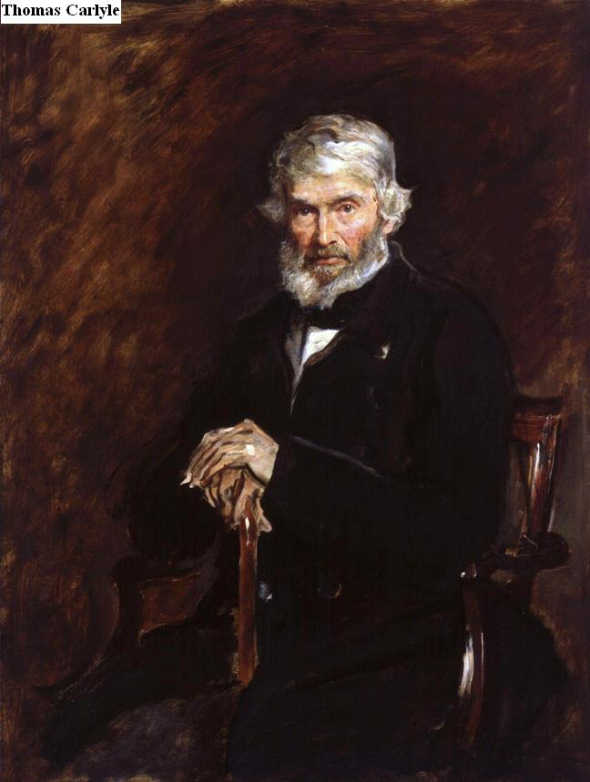
PREFATORY NOTE
The following record of the leading event of Carlyle's
life and attempt to estimate his genius rely on frequently renewed study of
his work, on slight personal impressions —"vidi tantum"—and on information
supplied by previous narrators. Of these the great author's chosen literary
legatee is the most eminent and, in the main, the most reliable. Every
critic of Carlyle must admit as constant obligations to Mr. Froude as every
critic of Byron to Moore or of Scott to Lockhart. The works of these masters
in biography remain the ample storehouses from which every student will
continue to draw. Each has, in a sense, made his subject his own, and each
has been similarly arraigned.
I must here be allowed to express a feeling akin to
indignation at the persistent, often virulent attacks directed against a
loyal friend, betrayed, it may be, by excess of faith and the defective
reticence that often belongs to genius, to publish too much about his hero.
But Mr. Froude's quotation, in defence, from the essay on Sir Walter
Scott requires no supplement: it should be remembered that he acted with
the most ample authority; that the restrictions under which he was at first
entrusted with the MSS. of the Reminiscences and the Letters and
Memorials (annotated by Carlyle himself, as if for publication) were
withdrawn; and that the initial permission to select finally
approached a practical injunction to communicate the whole. The worst that
can be said is that, in the last years of Carlyle's career, his own judgment
as to what should be made public of the details of his domestic life may
have been somewhat obscured; but, if so, it was a weakness easily hidden
from a devotee.
My acknowledgments are due for several of the Press
comments which appeared shortly after Carlyle's death, more especially that
of the St. James's Gazette, giving the most philosophical brief
summary of his religious views which I have seen; and for the kindness of
Dr. Eugene Oswald, President of the Carlyle Society, in revising my
proof-sheets, and supplying me with numerous valuable hints, especially in
matters relating to German History and Literature. I have also to thank the
Editor of the Manchester Guardian for permitting me to reproduce the
substance of my article in its columns of February 1881. That article was
largely based on a contribution on the same subject, in 1859, to Mackenzie's
Imperial Dictionary of Biography.
I may add that in the distribution of material over the
comparatively short space at my command, I have endeavoured to give
prominence to facta less generally known, and passed over slightly the
details of events previously enlarged on, as the terrible accident to Mrs.
Carlyle and the incidents of her death. To her inner history I have only
referred in so far as it had a direct bearing on her husbanda life. As
regards the itinerary of Carlyle's foreign journeys, it has seemed to me
that it might be of interest to those travelling in Germany to have a short
record of the places where the author sought his "studies" for his greatest
work.
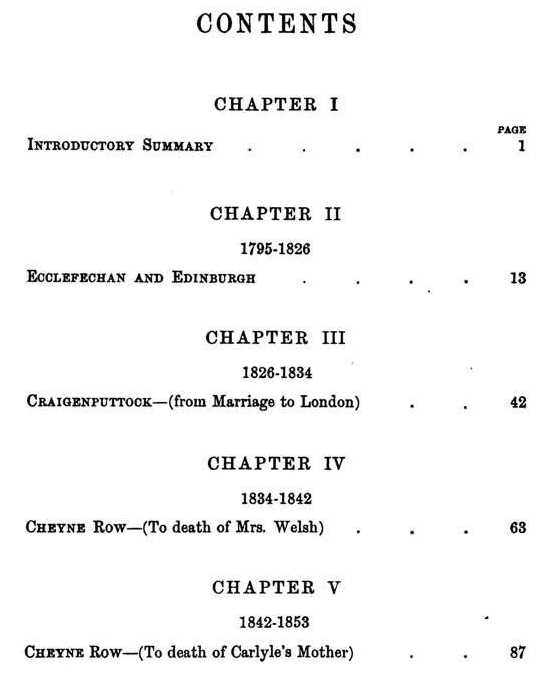
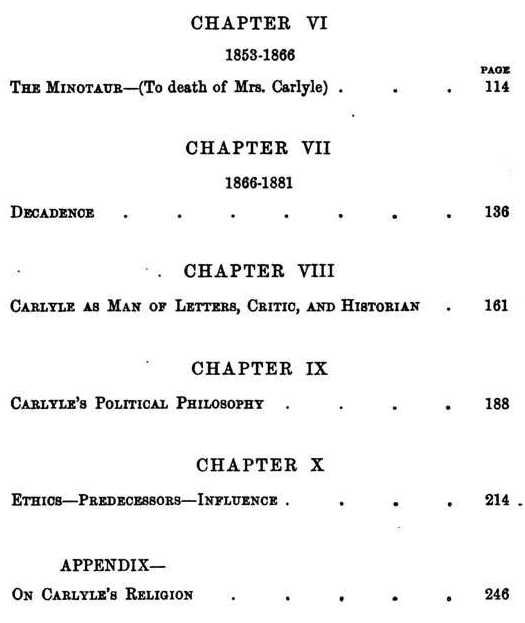
Chapter 1 (pdf)
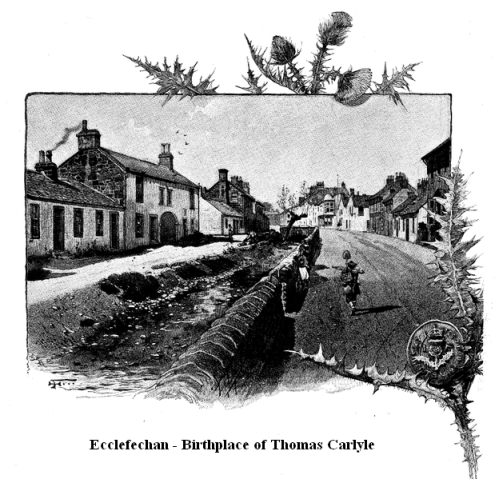
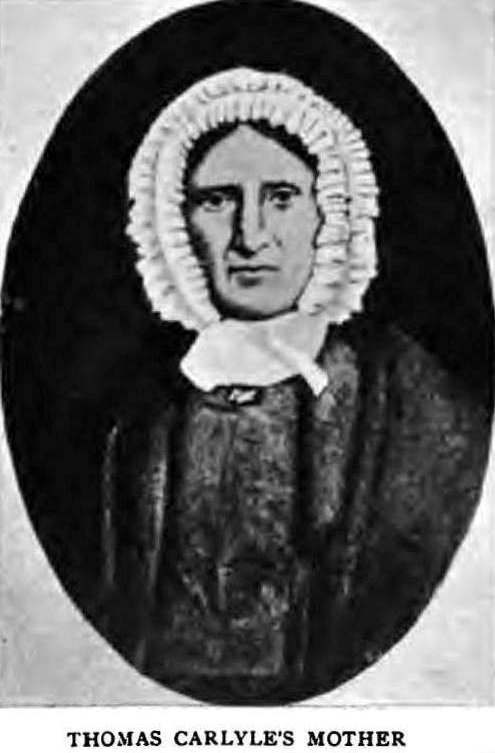
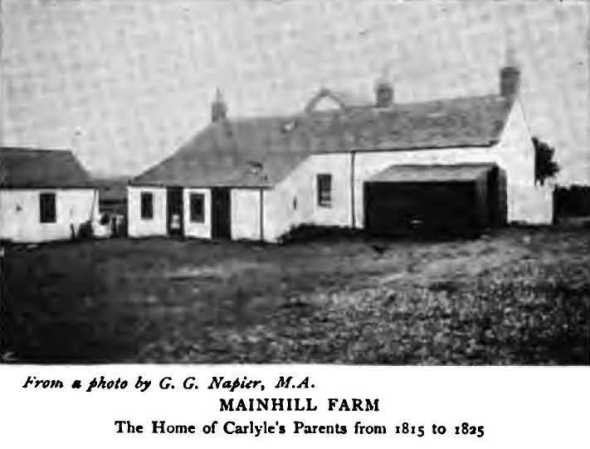
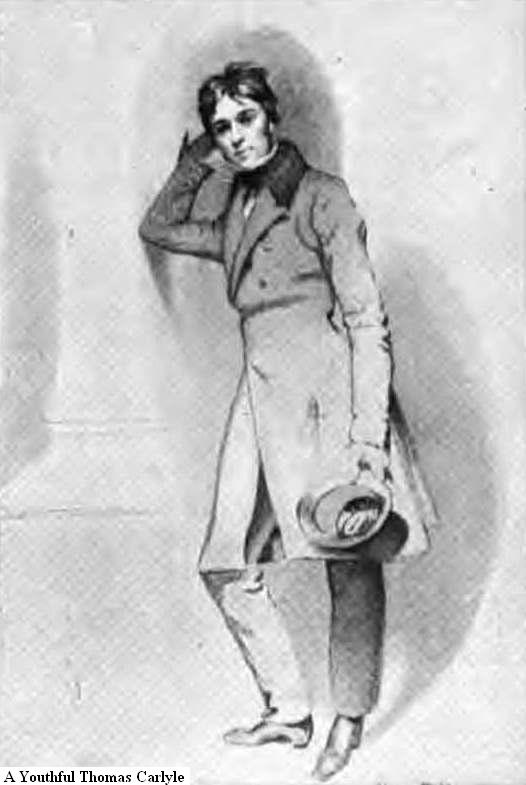
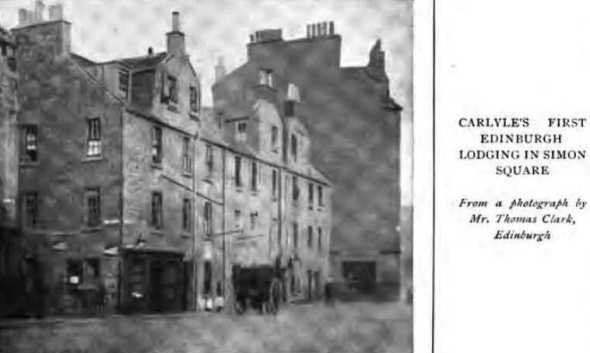
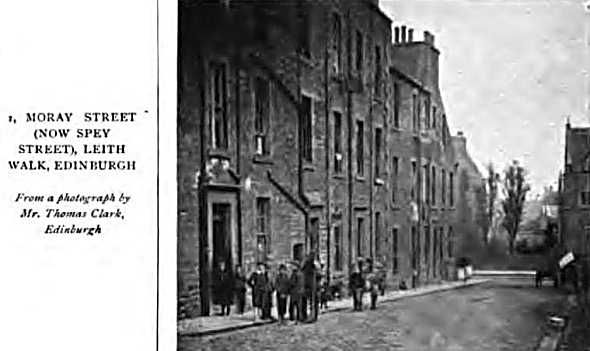
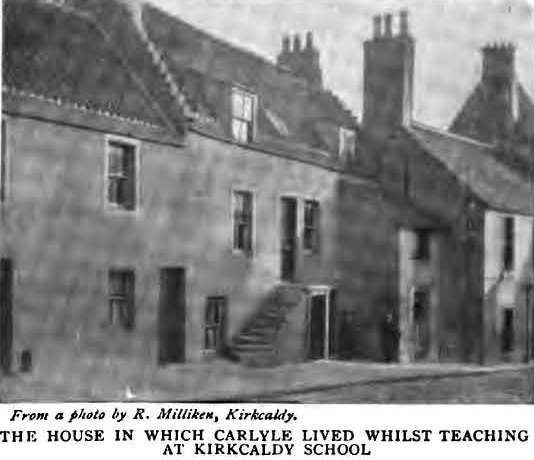
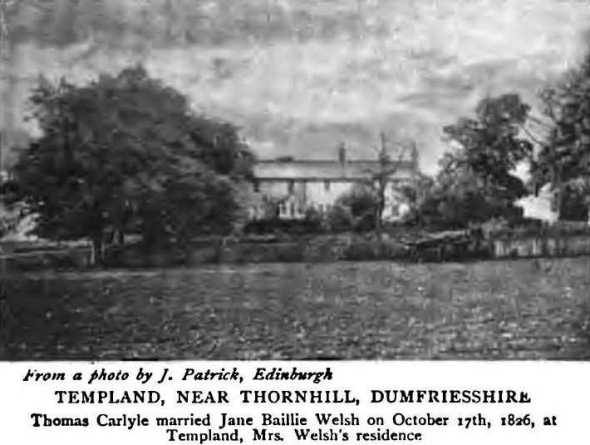
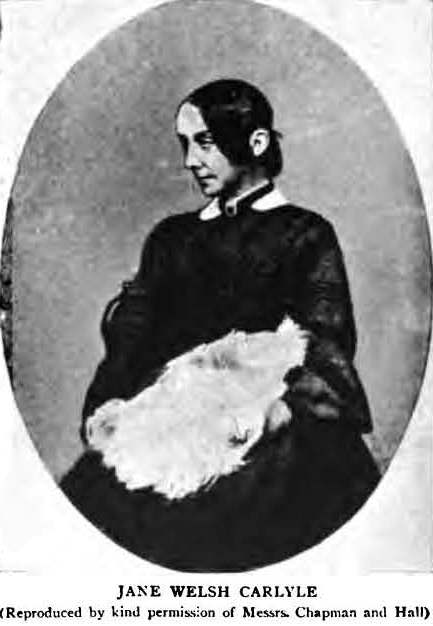
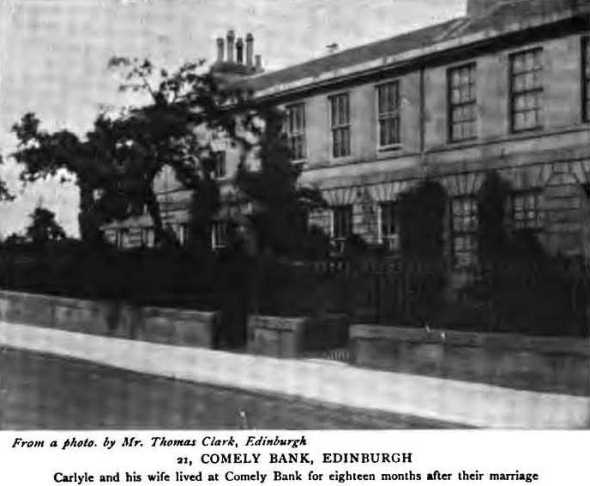
Chapter 2 (pdf)
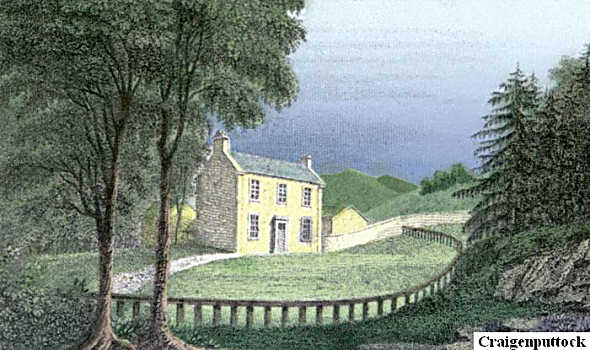
Chapter 3 (pdf)
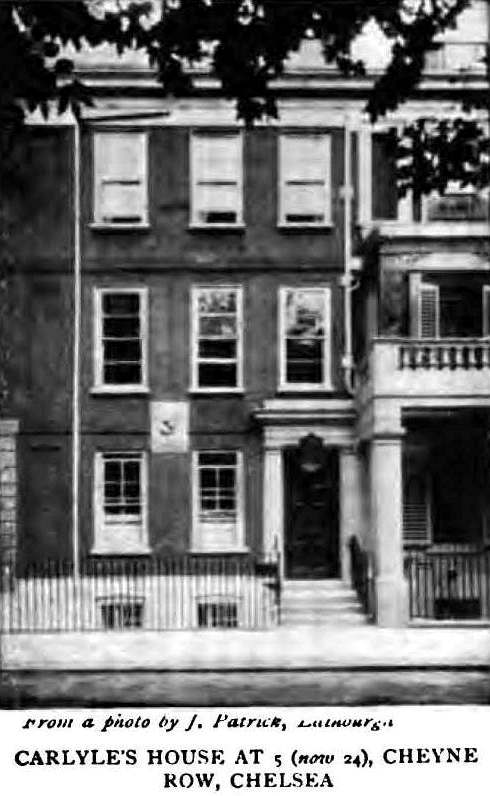
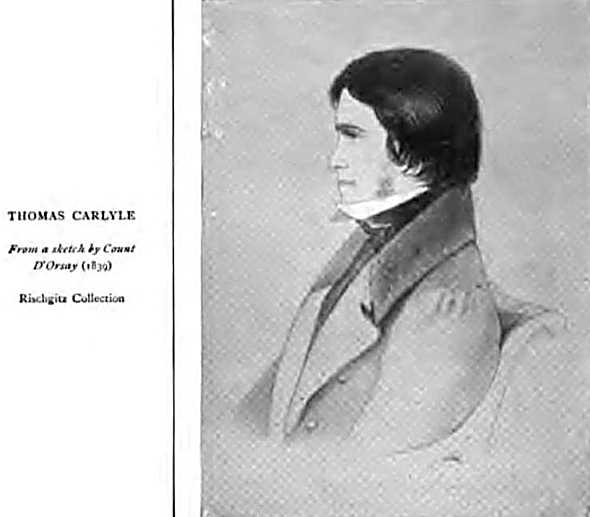
Chapter 4 (pdf)
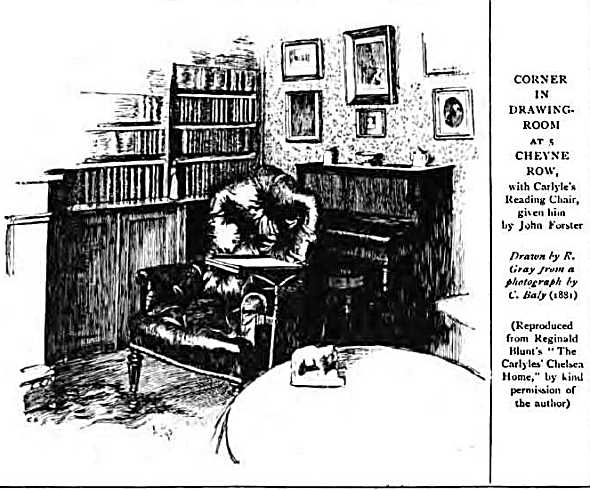
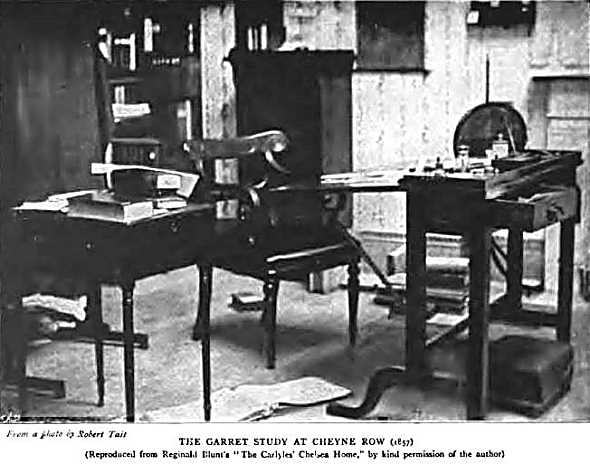
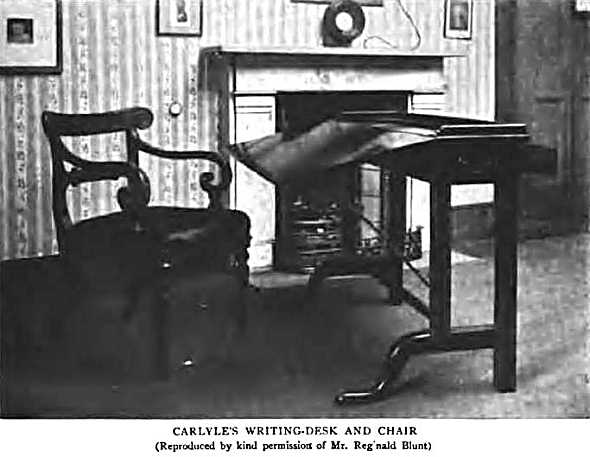
Chapter 5 (pdf)
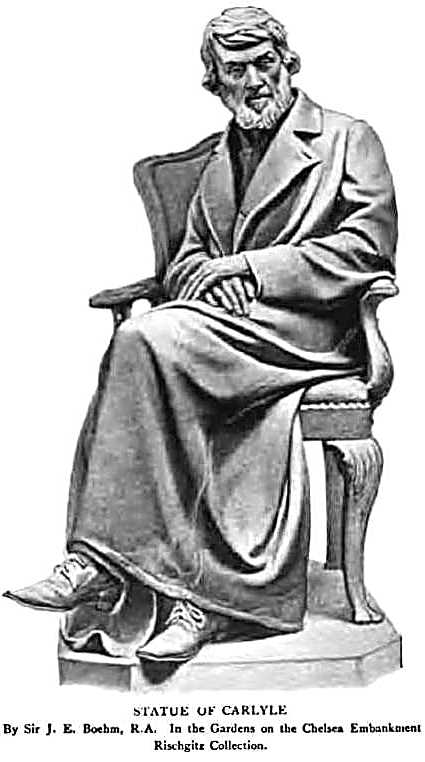
Chapter 6 (pdf)
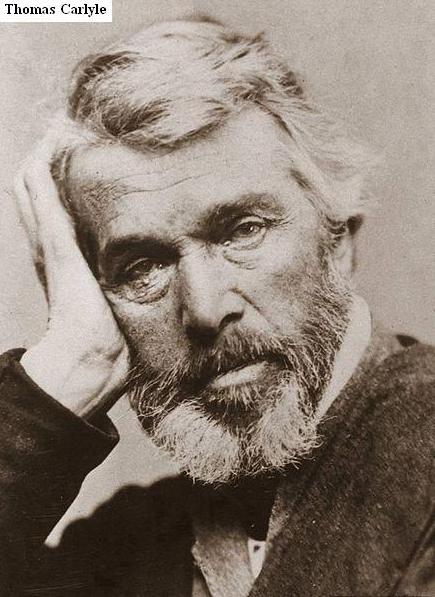
Chapter 7 (pdf)
Chapter 8 (pdf)
Chapter 9 (pdf)
Chapter 10
(pdf)
Appendix
(pdf)
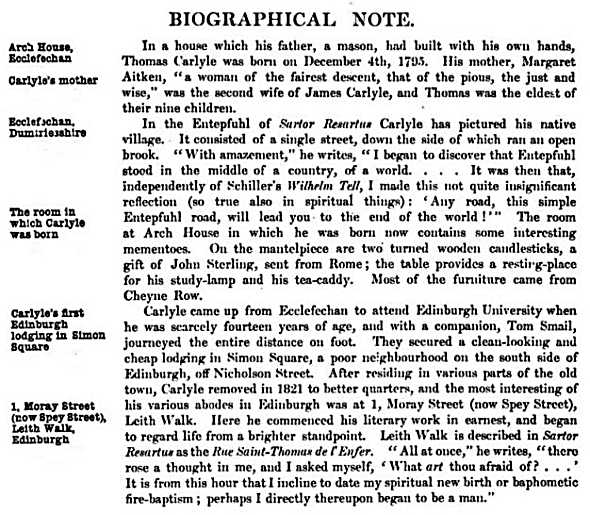
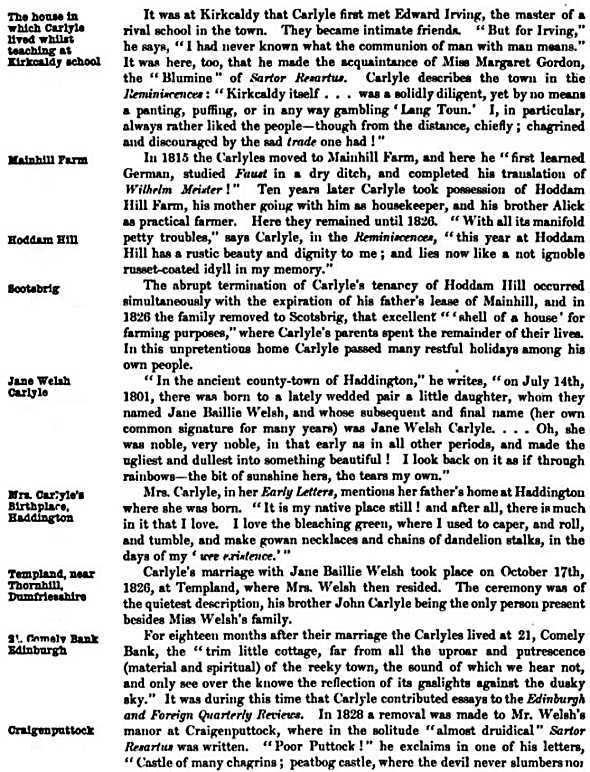
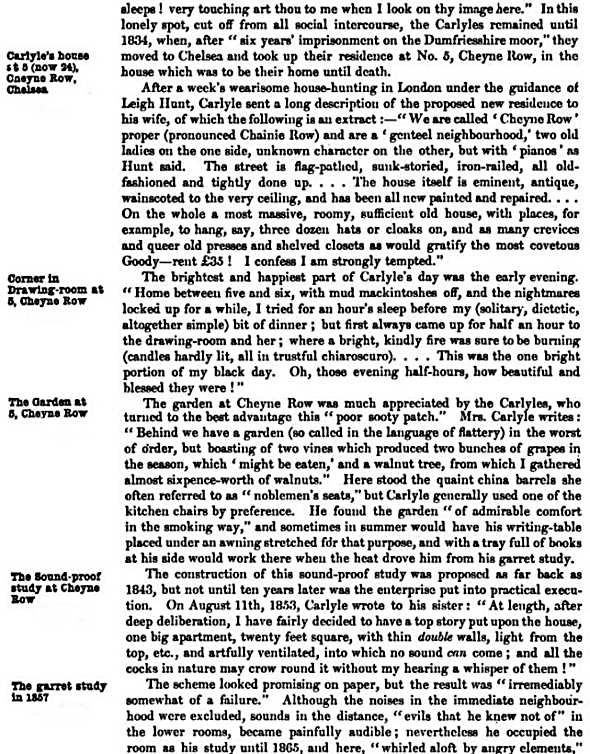
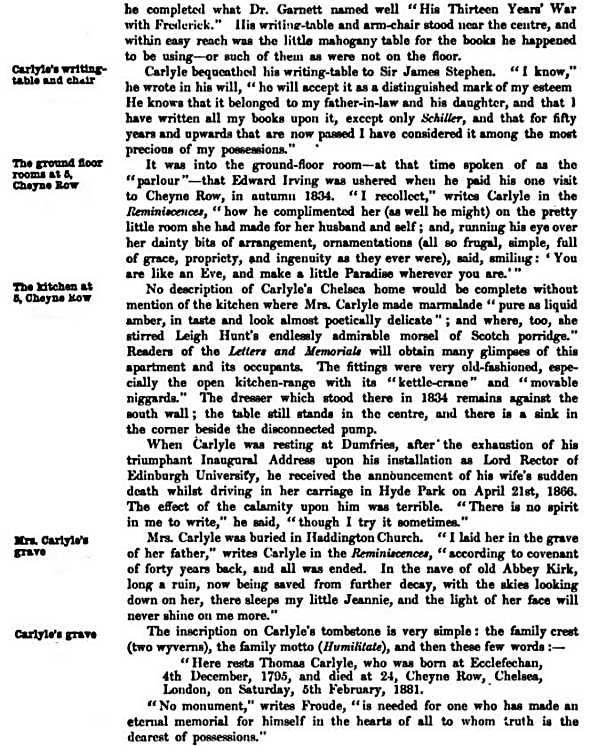
Early Letters of Jane Welsh Carlyle
Together with a few of later years and some of Thomas Carlyle edited by
David G. Ritchie, M.A. (1889) (pdf)

